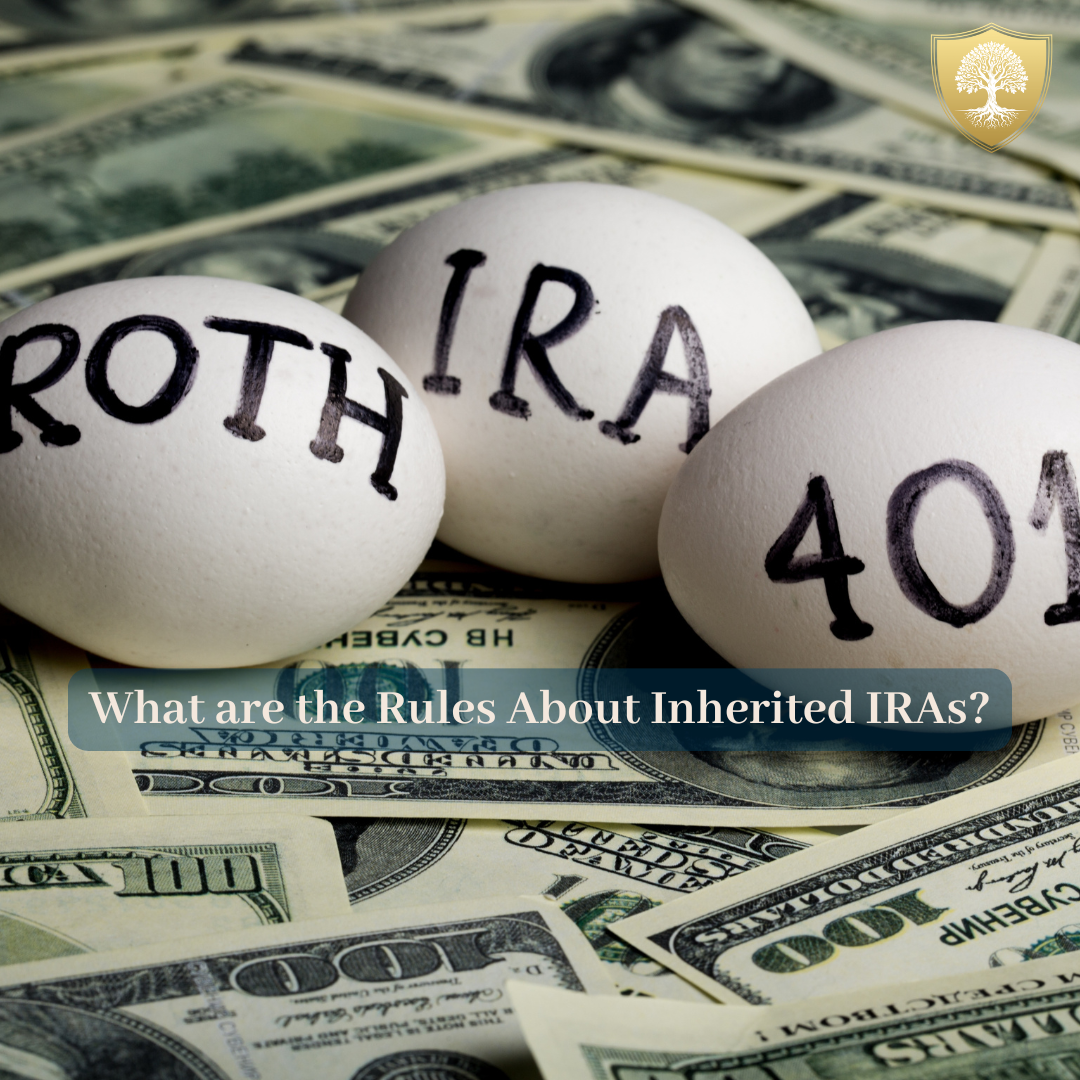It’s fun to imagine a tax-free, no-strings-attached inheritance. However, for most people, an inheritance comes with taxes and distribution rules, some of which are complicated. An Inherited IRA is one of those, says this article from Morningstar, “Inherited IRAs: What do Know About Taxes, RMDs, and More.”
With an Inherited IRA, your relationship with the original account owner impacts what you can and can’t do with your windfall. Provisions in the SECURE Act made Inherited IRAs a little less attractive, especially compared to Inherited Roth IRAs. For some, the rules are too much to navigate, and they take the entire amount of an IRA in cash and pay taxes out of their inheritance, giving up a third or even a half of an inheritance. It’s better to seek the guidance of an estate planning attorney and preserve as much of it as possible.
There are three different kinds of IRA beneficiaries:
- Eligible Designated Beneficiary. This is the spouse of the IRA owner, a minor child or children of the IRA owner, a person who is disabled or chronically ill, or a person who is not more than ten years younger than the IRA owner.
- Designated Beneficiary. This is not your spouse and doesn’t fit any of the above categories.
- Non designated Beneficiary. This is a “nonperson entity,” i.e., a charitable organization or estate.
Which category you’re in determines what your inheritance options are. The best candidate for an inherited IRA is a spouse. They have the option to put the assets into a properly titled Beneficiary IRA, roll it into their employee plan, or transfer funds to their own IRA.
Changes to IRA distribution rules from the SECURE Act impacted designated beneficiaries the most, the most common person to inherit an IRA. The new rule mandates that all funds must be taken out of the account by the end of the tenth year the account was inherited.
You’ll want to speak with your estate planning attorney to learn how your IRA inheritance may impact your current estate plan, since it may change how assets are distributed to your own beneficiaries. You may also want to consider converting some of your own IRA funds into a Roth IRA. Taxes are paid when funds go into the Roth IRA. However, beneficiaries don’t pay taxes on withdrawals.
Vick Law Can Help
Inheriting an IRA is more complex than many people realize, and making the wrong move can lead to unnecessary taxes and missed opportunities. Whether you’re a spouse, a child, or another type of beneficiary, navigating the rules of an Inherited IRA requires careful planning and a deep understanding of the tax implications. At Vick Law, P.C., we’re here to help you preserve as much of your inheritance as possible and integrate it seamlessly into your estate plan. Don’t let complex rules stand between you and a well-planned financial future. Contact us today to ensure that your inheritance is managed wisely, so you can focus on what truly matters.
Reference: Morningstar (Sept. 13, 2024) “Inherited IRAs: What do Know About Taxes, RMDs, and More”

